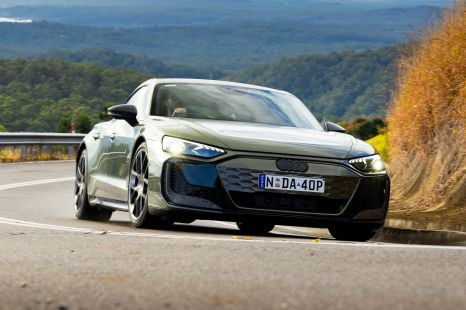

James Wong
5 Days Ago

Senior Contributor
BMW Group still sees a place for hydrogen fuel-cell electric vehicles (FCEVs) in its low-emission car portfolio – both for now, and the longer-term future.
While battery electric vehicles (BEVs) and electrified combustion engines are its core focus, the Bavarian car-maker firmly believes hydrogen FCEVs will have a role to play.
It’s about to put a small number of hydrogen-fuelled BMW X5s into “small series” production, and says it is thinking about the next version.
MORE: BMW iX5 hydrogen fuel-cell SUV undergoing final winter tests
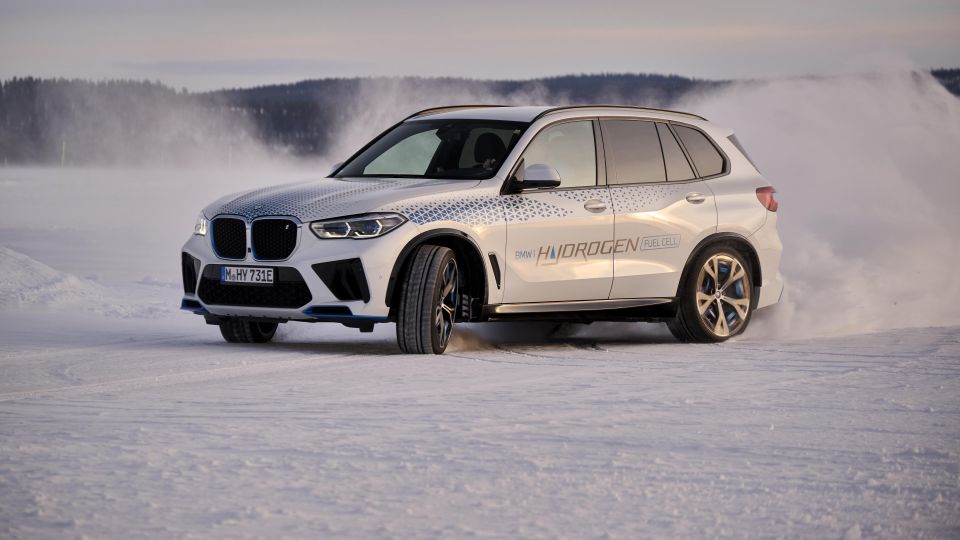
The company says it could “also imagine” a hydrogen FCEV drivetrain finding its way into its next-generation ‘Neue Klasse’ EV platform, which is slated to enter production from 2025.
BMW shares its optimism for fuel cells with Toyota and Hyundai, but stands in opposition to the likes of the Volkswagen Group and Tesla chief Elon Musk, both of which are staunch critics.
“The role of hydrogen in individual mobility also needs reassessing,” contended BMW AG chairman Oliver Zipse this week.
“In our view, hydrogen is the missing piece of the puzzle that can complement electromobility in places where battery-electric drivetrains are unable to gain traction.”
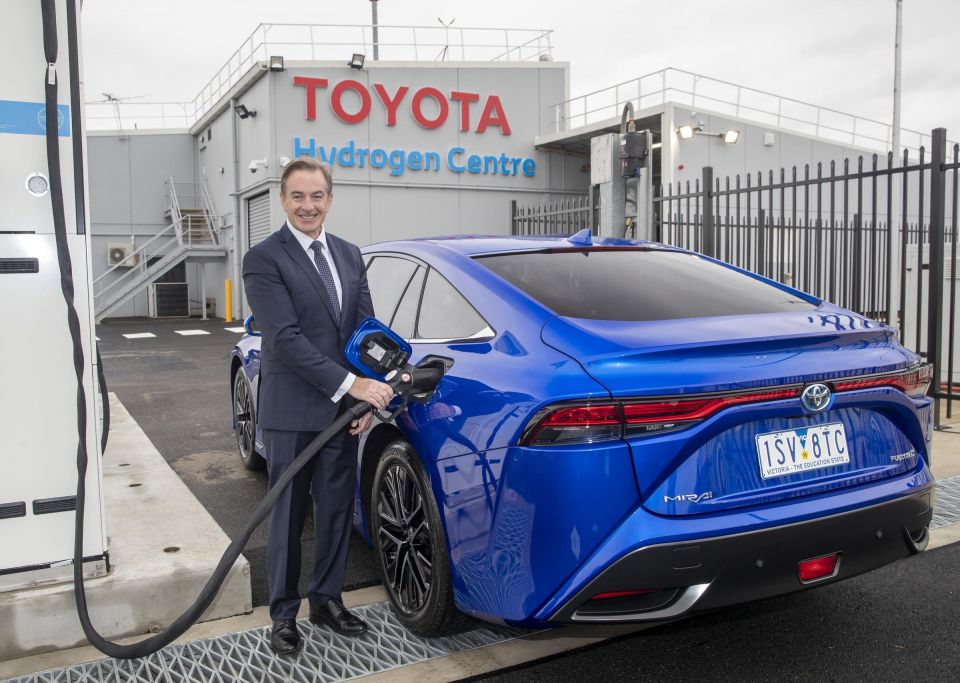
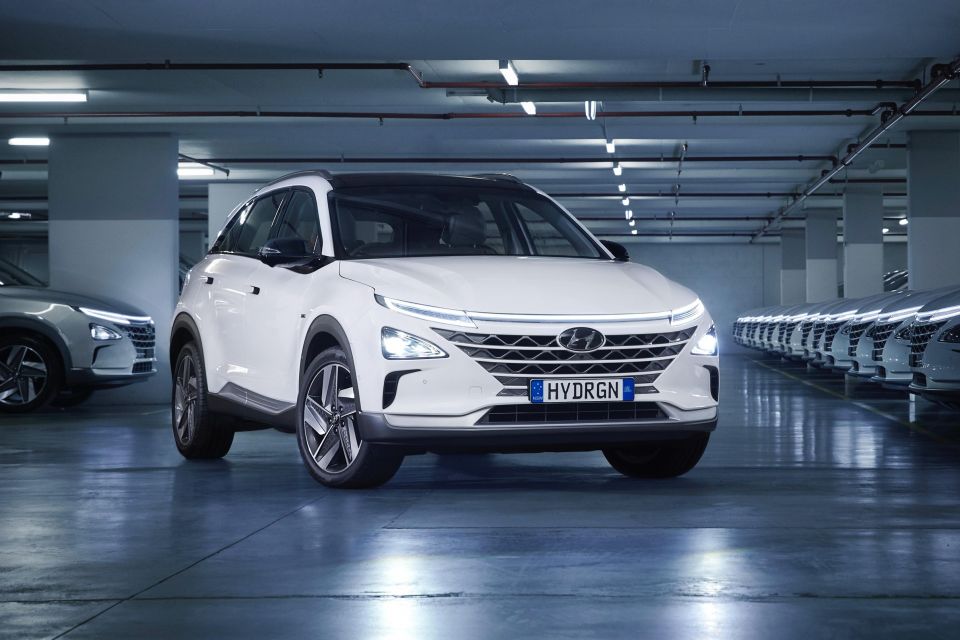
Mr Zipse also spoke about the potential for an FCEV drivetrain making its way into the Neue Klasse architecture, which launches from 2025.
The first two vehicles on the Neue Klasse will be BEVs, one a 3 Series sedan-type vehicle and the other a “sporty SUV’, added Mr Zipse.
Neue Klasse vehicles will debut a redesigned IT and software architecture, new-generation electric drivetrains and batteries, and “a radically new approach to sustainability across the entire vehicle life cycle”, in terms of recyclability.
MORE: BMW Neue Klasse EV platform to debut on 3 Series-sized vehicle
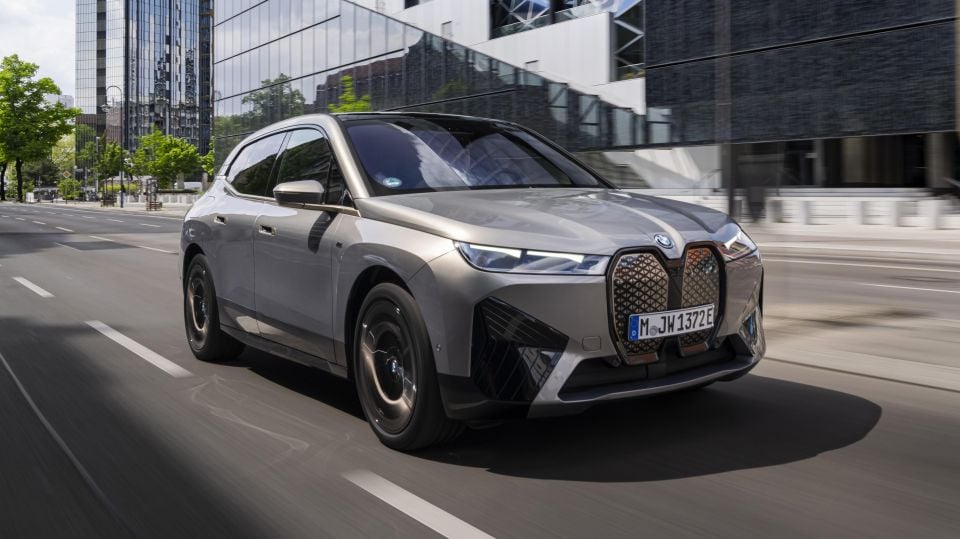
The production hub will be a new plant currently being built in Debrecen, Hungary, although BMW’s oldest Munich plant will also be upgraded to make Neue Klasse cars from 2026.
“We firmly believe that a mix of BEVs, fuel cells and highly efficient combustion engines is the best approach for the system as a whole at this time,” BMW said.
In part alluding to the fierce debate around the value of hydrogen FCEVs in non-heavy duty vehicles, Mr Zipse said BMW planned to plot its own path with a global focus.
“Our decisions are based on facts and specialist expertise. We do not follow every trend and we are able to withstand headwinds. That is what makes the BMW Group resilient,” he contended.
MORE: See our landing page for all things related to hydrogen mobility
Take advantage of Australia's BIGGEST new car website to find a great deal on a BMW.


James Wong
5 Days Ago
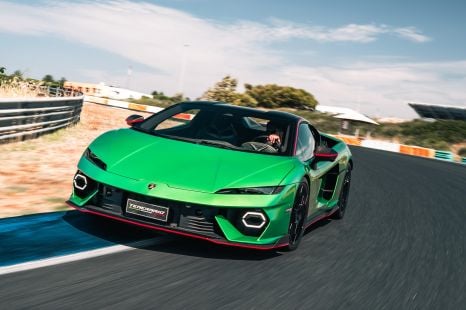

Alborz Fallah
4 Days Ago
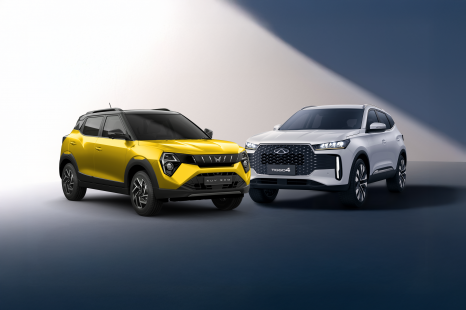

Andrew Maclean
3 Days Ago
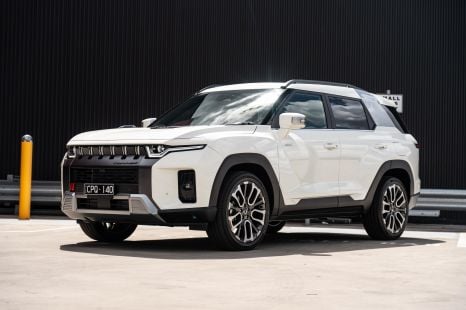

Max Davies
3 Days Ago
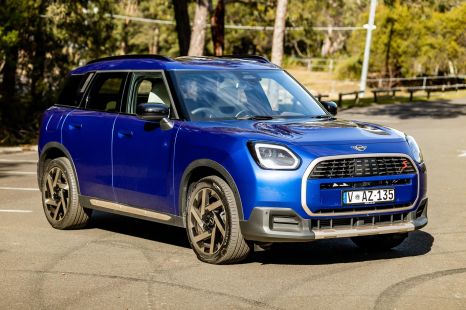

Matt Campbell
2 Days Ago
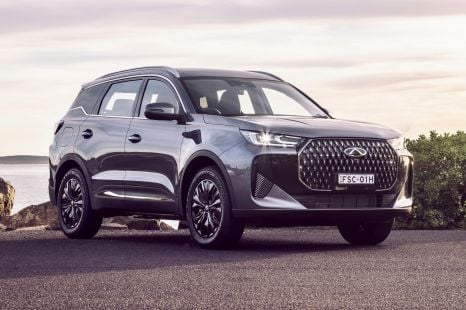

Max Davies
17 Hours Ago